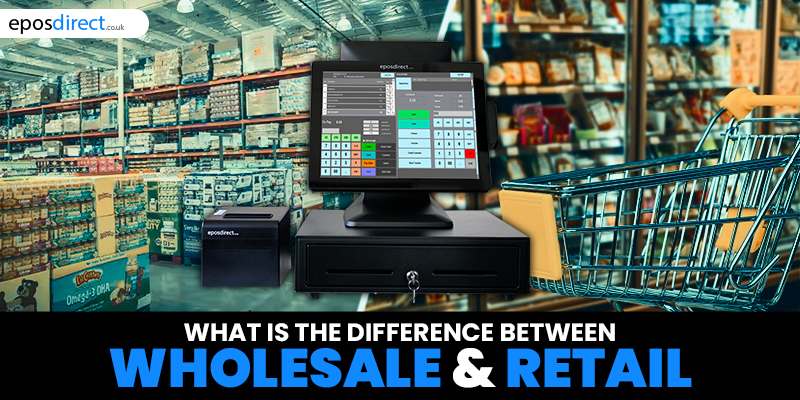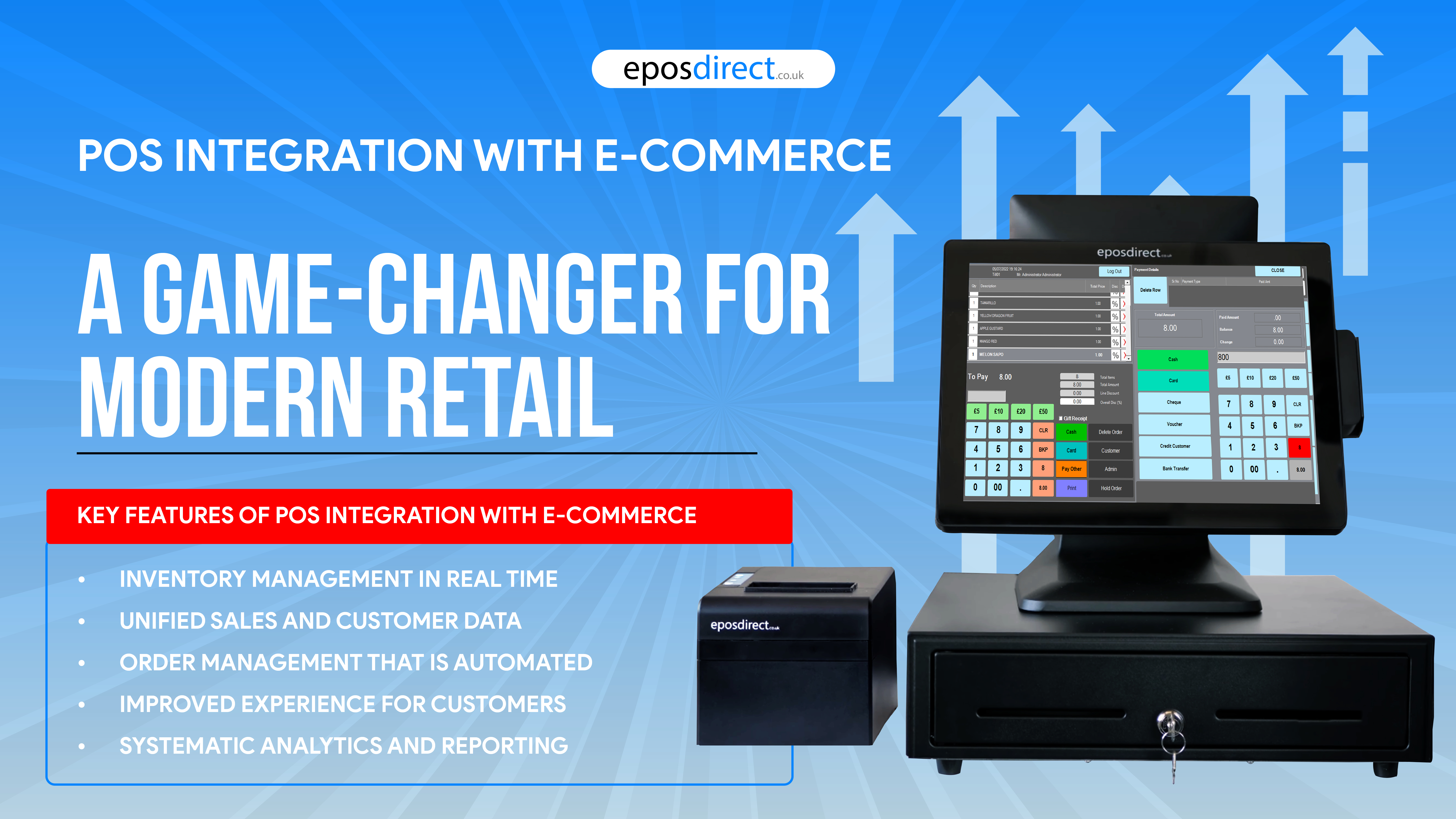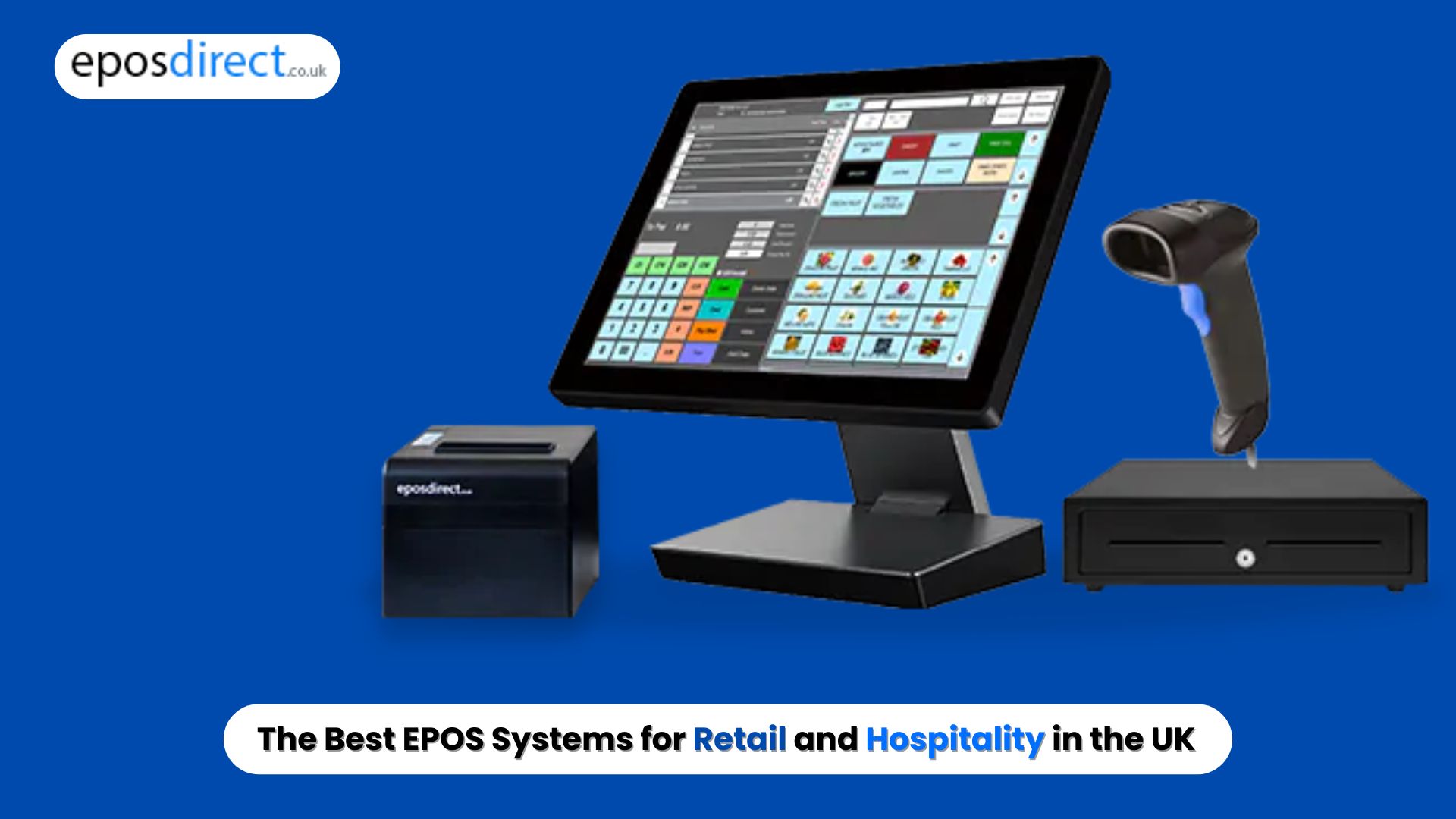We use cookies to make your experience better.
To comply with the new e-Privacy directive, you agree to the privacy policy and our use of cookies
What Is The Difference Between Wholesale and Retail?

Wholesale and retail are two important segments in the supply chain industry. Wholesalers sell products in bulk to retailers, who sell them to consumers. The main difference between wholesale and retail is the type of buyer. Wholesalers sell to businesses, while retailers sell to consumers. Let's start with the basics and see the difference between wholesale and retail.
What is Wholesale?
Wholesaling is defined as one of the intermediate activities in the distribution chain of goods and consists of buying and selling products in large quantities between trading organizations.
Wholesaling is carried out by companies that deal in large quantities of goods. In such cases, the involvement of a third party is often required, such as B. Distributors, who need to distribute the products where there is a demand for them. These companies supply to stores where these products are sold in large quantities.
A wholesaler's distribution network creates a competitive advantage if it has good market knowledge and a high level of brand acceptance. Positioning a product in a specific market is advantageous for companies that can buy to "re-sell".
What is retailing?
In the opposite case, an activity dedicated to marketing goods to final consumers is retailing. This type of transaction is the final activity in the distribution chain. Retailers sell small quantities of goods to final consumers in department stores, supermarkets, shops, grocery stores, stores selling electrical and technical goods, etc.
Types of Retailers –
Retailers can be classified in many different ways. Below are classified according to their product lines:
Speciality Store: A store that specializes in a particular product category. Speciality stores usually have a large selection of products.
Convenience Store: A small store that sells everyday items. Department Store: A large selection of products.
Discounter: Offers standard items at a discount for bulk purchases.
Discount Retailers: They offer lower prices than other retailers, usually due to contracts with manufacturers due to excess stock, irregularities, etc.
Supermarkets: Supermarkets meet the daily household needs of consumers.
Superstores: They are larger than supermarkets. They offer edible and non-edible products for daily shopping.
Characteristics of Wholesale
- Wholesale is based on buying and storing goods in bulk and selling them in bulk to other groups.
- Wholesalers are not manufacturers, but third parties who purchase products at prices significantly below market price and then take charge of marketing. This results in economic advantages achieved by carrying out trade in large quantities of goods. However, in the case of primary industries (agriculture, livestock farming, fisheries), producers can act as wholesalers and sell their goods to dealers and intermediaries.
- The goods are not sold to the final consumer, but to intermediaries who distribute the goods to stores and make them available to the final customer.
- What is even more noteworthy is that the same goods can be sold in large quantities.
- Wholesale business requires less investment in marketing.
- It has lower operating costs compared to retail.
- Most of the work focuses on managing the manufacturing process of goods and you need to keep large quantities of the same products in stock at all times.
- It is important to effectively manage the logistics of transportation and distribution of goods.
- Maintaining relationships with executives of intermediate companies who buy products wholesale.
- Thanks to their business model, wholesalers can negotiate lower prices with manufacturers.
Characteristics of Retail
- Retailers can benefit by finding products that meet their business goals and choosing the most competitively priced supplier.
- Retailers act as the last link in the distribution chain. They can boost, stop or change the marketing efforts of manufacturers and wholesalers, affecting sales and revenue.
- Retailers buy in bulk from manufacturers and wholesalers and sell individual units in smaller quantities to the public.
- Access and understand a rich experience of users' preferences and habits.
- You can retail your products at a higher unit price.
- Direct contact with the end customer gives you the advantage of knowing the consumer's needs and preferences.
- Thanks to direct feedback from consumers, retailers can restructure their marketing strategy.
- Retailing offers better marketing opportunities for the same product, from samples to special offers.
- There are other options for digital solutions for retailers, such as online stores.
EPOS systems have revolutionized the retail and wholesale trade industries, offering a wide range of benefits that streamline operations and enhance customer experiences. By leveraging EPOS systems, retailers and wholesalers can optimize their operations, improve customer satisfaction, and gain a competitive edge in today's fast-paced marketplace.







